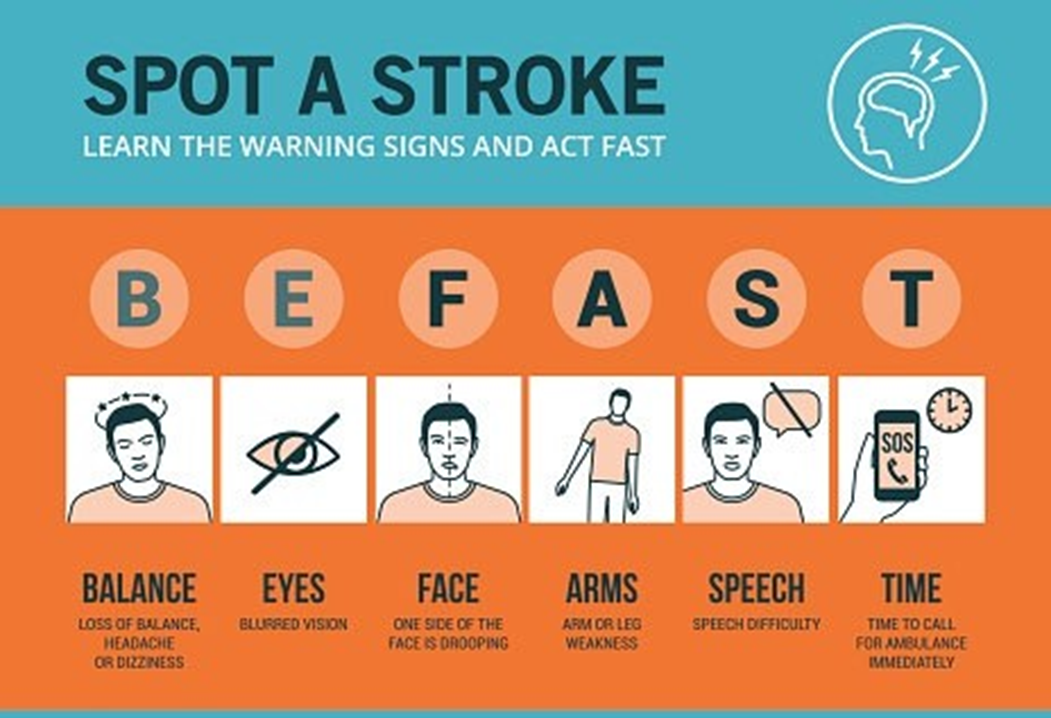A nurse in an adult day health care center is assessing a client who was referred to the facility after having a stroke that affected their right upper and lower extremities. Which of the following findings should the nurse identify as a need for referral to occupational therapy?
Weight loss of 2.3 kg (5 lb) in 1 month
Coughing after drinking liquids
Unable to recognize pictures
Difficulty gripping objects
The Correct Answer is D
Choice A reason: Weight loss may be a concern but does not directly indicate a need for occupational therapy.
Choice B reason: Coughing after drinking liquids could indicate a swallowing disorder, which would typically require a referral to a speech therapist, not an occupational therapist.
Choice C reason: Inability to recognize pictures might suggest cognitive issues, which could require a neuropsychologist or speech therapist rather than an occupational therapist.
Choice D reason: Difficulty gripping objects is a common impairment after a stroke that affects motor skills, making it a clear indication for occupational therapy to help regain those skills.
Nursing Test Bank
Naxlex Comprehensive Predictor Exams
Related Questions
Correct Answer is D
Explanation
Choice A reason: Apologizing for untidiness does not indicate adaptation but rather a concern for the nurse's perception.
Choice B reason: Expressing financial concerns suggests stress related to the caregiving role, not adaptation.
Choice C reason: Attempting to rearrange furniture for walker use shows problem-solving but does not directly indicate adaptation to the caregiver role.
Choice D reason: Arranging for personal time away from caregiving responsibilities indicates that the caregiver is adapting to their new role by ensuring they also care for their own needs.

Correct Answer is D
Explanation
Choice A reason: Developing objectives is important but should be based on the needs and knowledge gaps identified through community data.
Choice B reason: Involving community leaders is a crucial step, but it should be informed by an understanding of the community's specific needs and preferences.
Choice C reason: Researching the literature is necessary to ensure evidence-based practice, but it should be tailored to address the specific issues identified in the community.
Choice D reason: Gathering data from the community is the first step in understanding the prevalence of STIs, risk factors, and the level of knowledge among adolescents, which will inform all other steps in the program development.
Whether you are a student looking to ace your exams or a practicing nurse seeking to enhance your expertise , our nursing education contents will empower you with the confidence and competence to make a difference in the lives of patients and become a respected leader in the healthcare field.
Visit Naxlex, invest in your future and unlock endless possibilities with our unparalleled nursing education contents today
Report Wrong Answer on the Current Question
Do you disagree with the answer? If yes, what is your expected answer? Explain.
Kindly be descriptive with the issue you are facing.
